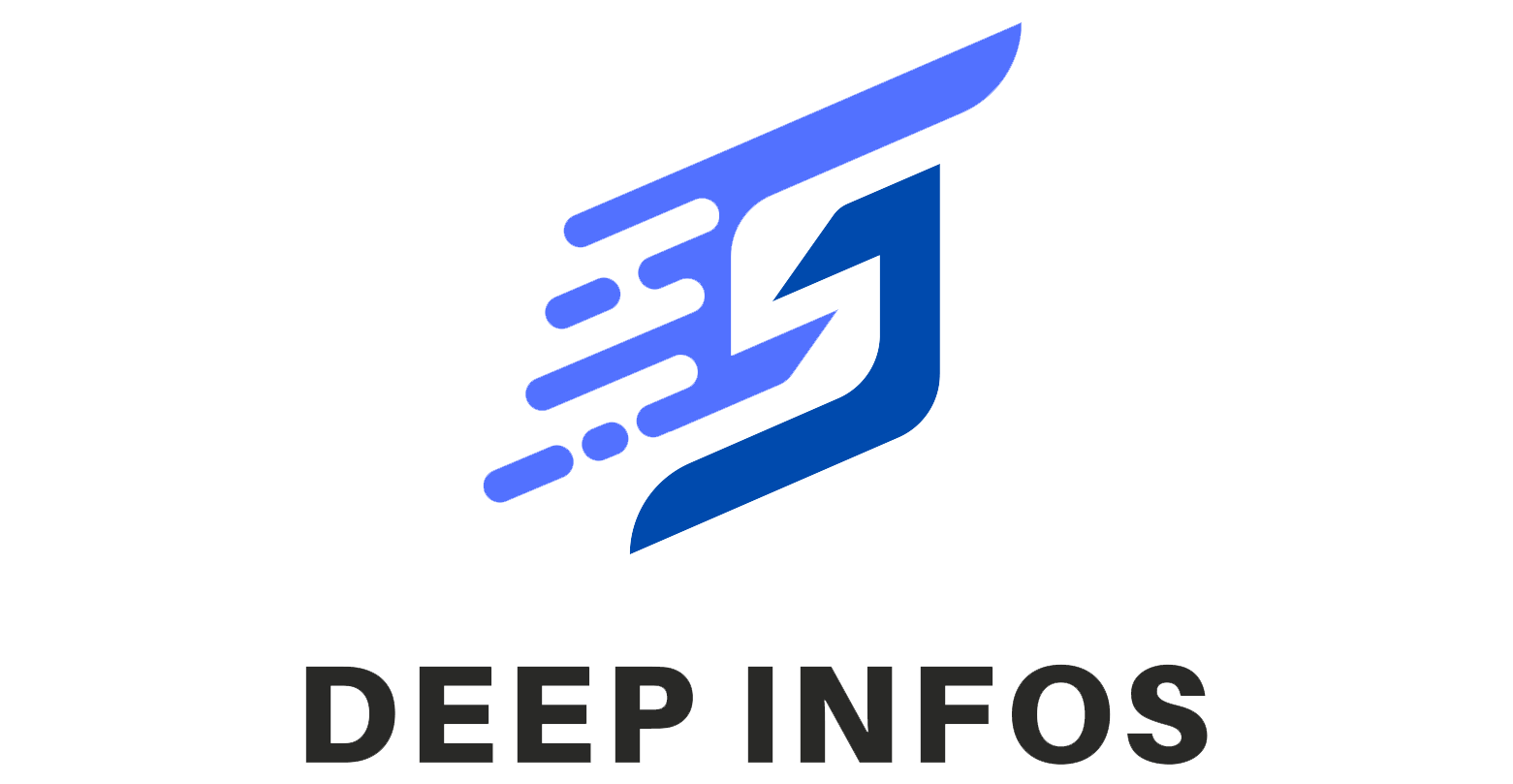The landscape of work in the United States is undergoing a profound transformation as Artificial Intelligence (AI) and automation technologies advance rapidly. The integration of these technologies into industries ranging from manufacturing to healthcare and even customer service is reshaping how tasks are performed and how jobs are created.
The Rise of AI in the Workplace
AI is revolutionizing the workplace by taking over repetitive and time-consuming tasks, which in turn increases efficiency and reduces costs for businesses. From chatbots in customer service to automated supply chains, AI is enhancing productivity across sectors. Major companies like Amazon, Google, and Microsoft are heavily investing in AI development, pushing the boundaries of what machines can do.
Automation and Job Displacement
As automation continues to evolve, one of the biggest concerns is the potential displacement of human workers. Jobs in industries like manufacturing, logistics, and even data entry are at risk. However, experts argue that while some jobs may be lost, new ones will emerge that require human skills in managing and operating AI systems.
The Skills Gap
The shift towards AI and automation has created a skills gap. As demand for tech-savvy workers grows, the workforce must adapt. Upskilling and reskilling are becoming essential for employees to remain competitive in the job market. The U.S. government, educational institutions, and private sectors are collaborating to provide training programs aimed at equipping workers with the skills needed for the AI-driven economy.

AI’s Role in Healthcare
One of the most promising applications of AI is in healthcare. AI technologies are being used to assist in diagnostics, predict patient outcomes, and even personalize treatment plans. This not only improves patient care but also helps healthcare providers operate more efficiently.
The Ethical Considerations
While AI promises to improve productivity, its rapid development raises important ethical questions. Issues such as job displacement, privacy, and the role of humans in decision-making are central to ongoing debates in the tech and policy sectors. Balancing innovation with the protection of workers’ rights and societal values will be crucial as AI continues to evolve.
Conclusion
AI and automation are undoubtedly transforming the future of work in the United States. The key challenge lies in managing this transformation in a way that benefits both businesses and workers. By investing in education, skills development, and ethical considerations, the U.S. can harness the full potential of these technologies while ensuring a fair and equitable transition for al.



